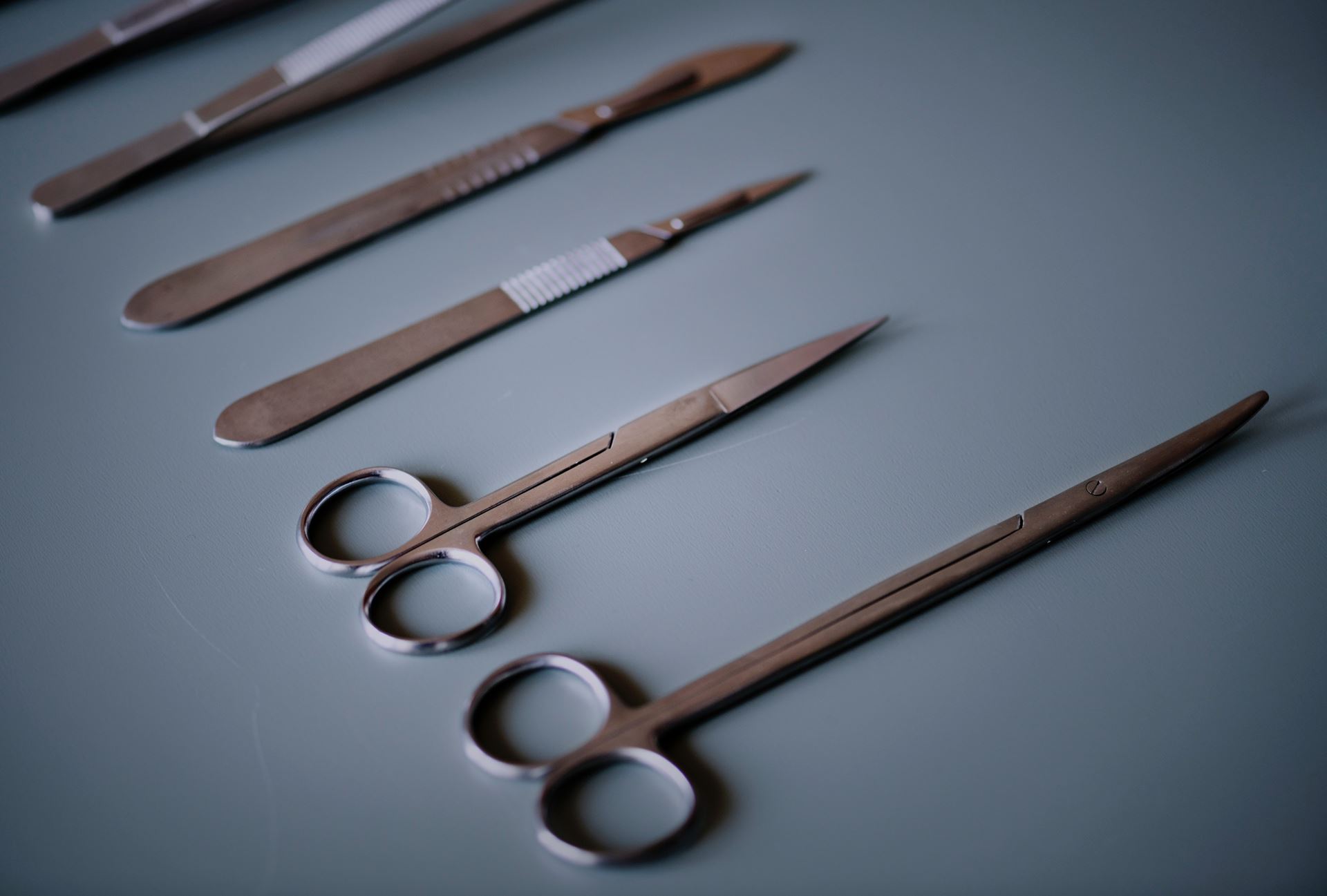Minor Surgery
Dr Rwezaura & Dr Hodson perform Minor Surgery & Joint Injections for the practice. Patients need to have been seen by a GP in the first instance to ensure that they are suitable for the relevent procedure. Following this assessment patients will be booked an appointment for Minor Surgery.
We have a fully equipped treatment room areas where we aim to provide a rapid access, local service with minimum inconvenience to our patients.
Before your procedure
You eat meals as normal beforehand, although a light lunch may be more comfortable for you than a large meal.
You may prefer to arrange for somebody else to bring you to your appointment and take you home afterwards. Although it’s unlikely to be a problem we would not advise travelling unaccompanied by public transport in case you feel unwell afterwards.
It helps to wear loose fitting clothing. You will not be required to strip off and only need to expose the affected area.
Please arrive at least 10 minutes before the expected time of your proceudre and check in at reception as normal in order to assist with the smooth running of the clinic.
We pride ourselves on making the procedure as pain free as possible. You will be awake throughout and no sedation is required. The procedure will be conducted under local anaesthetic (an injection with a very fine needle to make the area go numb.) You will feel a mild discomfort for a few seconds as the anaesthetic is administered. Thereafter you will feel no pain at all.
Apart from parents and carers we are not able to accommodate companions in the minor surgery room but they are welcome to sit in the waiting room whilst you are having your operation.
What to expect
Before your procedure the doctor will explain exactly what is being done and why. You will have the opportunity to ask any questions about the procedure being performed and/or any alternative treatments - including what would result if you decided not to have the procedure.
We would like to emphasise that any procedure involving cutting the skin will result in a scar. In some circumstances the scar may be larger or more prominent than the lesion being removed. It is for this reason that we have a policy not to remove skin lesions for purely cosmetic reasons.
If a lesion has been cut out or biopsied (where a small piece of the lesion is removed to help with diagnosis) then it will be sent for "Histology". This is routine for all cases and does not necessarily mean that we suspect malignancy. Histology means that the sample will go to the hospital, where an expert will look at it under the microscope and provide a diagnosis. We would ask that all patients who have had a sample sent for Histology telephone the surgery 4 weeks after their procedure to enquire about the results and find out if a follow up appointment with the GP is needed.
Looking after your wound
Unless the doctor advises otherwise, any dressings should remain dry and intact for 24 hours. After 24 hours you may have a shower or bath and gently pat the wound dry afterwards. Avoid applying soap or talcum powder directly to the wound for two weeks as it may cause irritation or soreness and impair the healing process.
Stitches
Not all procedures involve stitches. However, if you have non-dissolving stitches you will need to book an appointment with the practice nurse to have your stitches removed. We recommend that you book this appointment on the day of your operation before you leave. The doctor will advise you of exactly when your stitches should be removed before you leave.
Pain relief
The local anaesthetic will start to wear off 3 hours after your procedure. We recommend that you take some painkillers 2 hours after your operation so that they start to work as your anaesthetic wears off. Suitable painkillers are paracetamol, co-codamol or ibuprofen.
Complications
Complications are rare.
If your wound is bleeding then this can usually be stopped by applying firm pressure over the dressing, with a clean dry cloth or towel, for 10 minutes.
Signs of infection include a fever, increasing redness or pain around the wound and a mucky green or yellow discharge.
Occasionally you may notice an area of numbness adjacent to the wound as a result of damage to one of the small nerves in the skin. This may return to normal after a period of several weeks but in some instances it may be permanent.
If you think you have an infection or have any concerns about your wound following minor surgery then please telephone the surgery to speak to the Doctor or Practice Nurse so that an assessment can be arranged.
You should be able to return to normal activities, including driving, as soon as you feel able.
Most patients will be back at work the next day.
Audit
We regularly review and audit our Minor Surgery. We do this to quality check our results and to help identify any potential problems.

Page created: 29 April 2022